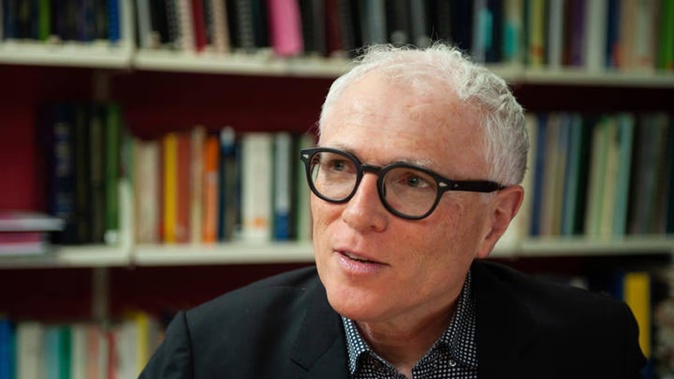
Prominent academic and Covid-19 expert Michael Baker’s image has been used by internet scammers to make it appear as though he has endorsed a non-existent health product.
Advertisements circulating online for a fraudulent product called Blood Balance have been accompanied by photos of the professor from various other sources, fake interviews and deepfake videos - footage that has been digitally altered.
“I want to be clear this is not a product I endorse,” Baker said.
“I ask anyone who comes across this ad, or any other abusing my image in order to scam people out of money, to report it in order to have it removed.”
/cloudfront-ap-southeast-2.images.arcpublishing.com/nzme/O3GOPGOHKZAUJFJSRPXKEQSLUA.png)
A screenshot of a scam using Michael Baker's likeness. Photo / University of Otago
The University of Otago sounded the alert over the fraudulent use of Baker’s image and had reported the advertisements as a scam.
The university’s acting vice-chancellor Professor Richard Blaikie was concerned an Otago academic had been targeted.
“Professor Baker has become a household name thanks to his plain language commentary on many important public health issues, including the pandemic,” he said.
“We are extremely disappointed someone is trying to make financial gains by using his image and abusing the trust the public has placed in him.”
Baker was “deeply upset” the fraud was hurting people, a university spokeswoman said.
He wanted social media companies such as Meta, owner of Facebook and Instagram, “[who] make huge profits from advertising,” to focus more on managing misleading and harmful content and provide easy contact points for people reporting scams, the spokeswoman said.
Baker said: “We need vigorous action by social media providers to protect the public. AI [artificial intelligence] technology is advancing rapidly, so identity theft and deep fake methods will only become more sophisticated and harder to spot over time.”
Concern over deepfakes involving prominent Kiwis hit headlines two years ago when then-prime minister Jacinda Ardern’s image was manipulated in a video to make it appear she was smoking methamphetamine.
/cloudfront-ap-southeast-2.images.arcpublishing.com/nzme/BPCL3YKK5CARHI3QIDCGMWA3PQ.jpg)
A deepfake video purporting to show Jacinda Ardern did the rounds on social media in 2021.
The video, which was viewed and shared thousands of times in 2021, showed a woman smoking with the former PM’s face superimposed using artificial intelligence.
The co-founder of Kiwi toy company Zuru said an artificial intelligence version of himself was used to try to dupe the company’s chief financial officer earlier this month.
Nick Mowbray called the stunt “unbelievable”, saying “the sophistication is something everyone needs to be aware of”.
An impersonator purporting to be Kiwi movie star Karl Urban tried scamming fans out of thousands of dollars in August.
Raphael Franks is an Auckland-based reporter who covers breaking news. He joined the Herald as a Te Rito cadet in 2022.
Take your Radio, Podcasts and Music with you









